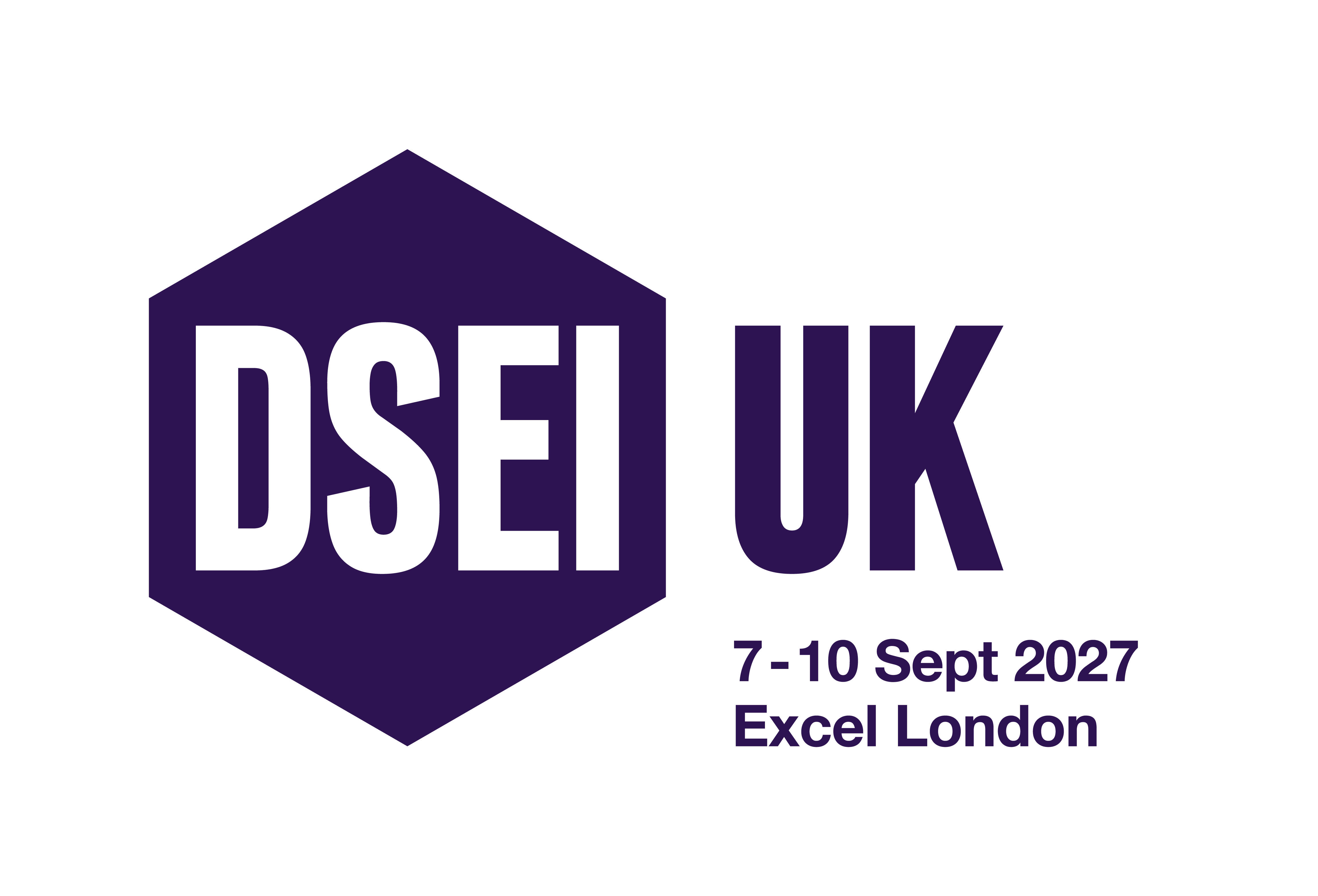Politico: The risks of silence in defence and the power of speaking up
- Europe
- Explainer

Politico discusses why companies must speak up to shape policy and spotlight their innovations in a shifting landscape.
In today’s environment, the conversations that shape security policy are not happening behind closed doors. They unfold in public, at the intersection of policy, industry, and media. Defence systems, cybersecurity, energy, and supply chain resilience now define global stability and economic resilience.
Yet all too often, the companies at the centre of these transformations – those building the systems, technology, and infrastructure on which our world depends – remain absent from the public conversation.
That absence is not only a missed opportunity. It’s a risk.
Because if policymakers do not hear your story, someone else will tell it for you.
Companies must engage directly with policymakers. In this moment, where decisions in Washington and Brussels reverberate globally, the need is urgent.
Why your story matters now
The lines between public policy and corporate responsibility have blurred. Cybersecurity is a national security imperative. Semiconductors are matters of sovereignty. Energy flows are geopolitical levers.
Defence policymakers in NATO, the EU, the Pentagon, and Congress are asking: Which supply chains can be trusted? Which technologies can scale to outpace adversaries? Which companies are building resilience?
If you represent a company working on these problems, the stakes are high and the imperative is clear: staying silent is not an option.
The cost of silence
For some companies, the instinct is to stay quiet and avoid the spotlight, to rely on lobbyists behind closed doors, or to assume their work speaks for itself. In today’s environment, that is a mistake.
Silence surrenders the story of your work to those less qualified to tell it. If you do not explain your role in cybersecurity, supply chains, or weapons innovation, policymakers may overlook or misinterpret your value.
And once narratives harden in this landscape, they are hard to change.
Telling stories that resonate
Effective stories require authenticity, substance, and a clear connection to outcomes. The most powerful stories from companies do three things:
- Ground issues in real-world stakes. Show why they matter not just to your company, but to allies and citizens.
- Highlight solutions. Policymakers hear problems all day; what cuts through is how you are solving them.
- Connect to active debates. Your story matters most when it informs decisions policymakers are weighing.
A call to action
The companies that succeed in shaping the defence and security policy environment are those that engage consistently, credibly, and publicly. They treat storytelling as a strategic priority, not an afterthought.
Our mission is to inform, convene, and connect the people who shape the future. For companies at the heart of defense and security, that means ensuring your innovations and vision are part of the conversation.
In an uncertain world, your story is more than narrative. It is a compass that can influence policy, shape outcomes, and secure the future – only if you choose to tell it.
Tags
- companies
- cybersecurity
- defence
- defense
- environment
- innovations
- landscape
- matters
- policy
- policymakers
- politico
- power
- public
- resilience
- risks
- security
- shape
- silence
- speaking
- spotlight
- stories
- story
- supply
- tell
- those
- up
Providing impartial insights and news on defence, focusing on actionable opportunities.
-
It marks a major step-change in Canada’s approach to defence procurement.
-
It comes as the company announces its first dual-use spin-out.
-
Most of those competing are US-based small businesses.


)
)

